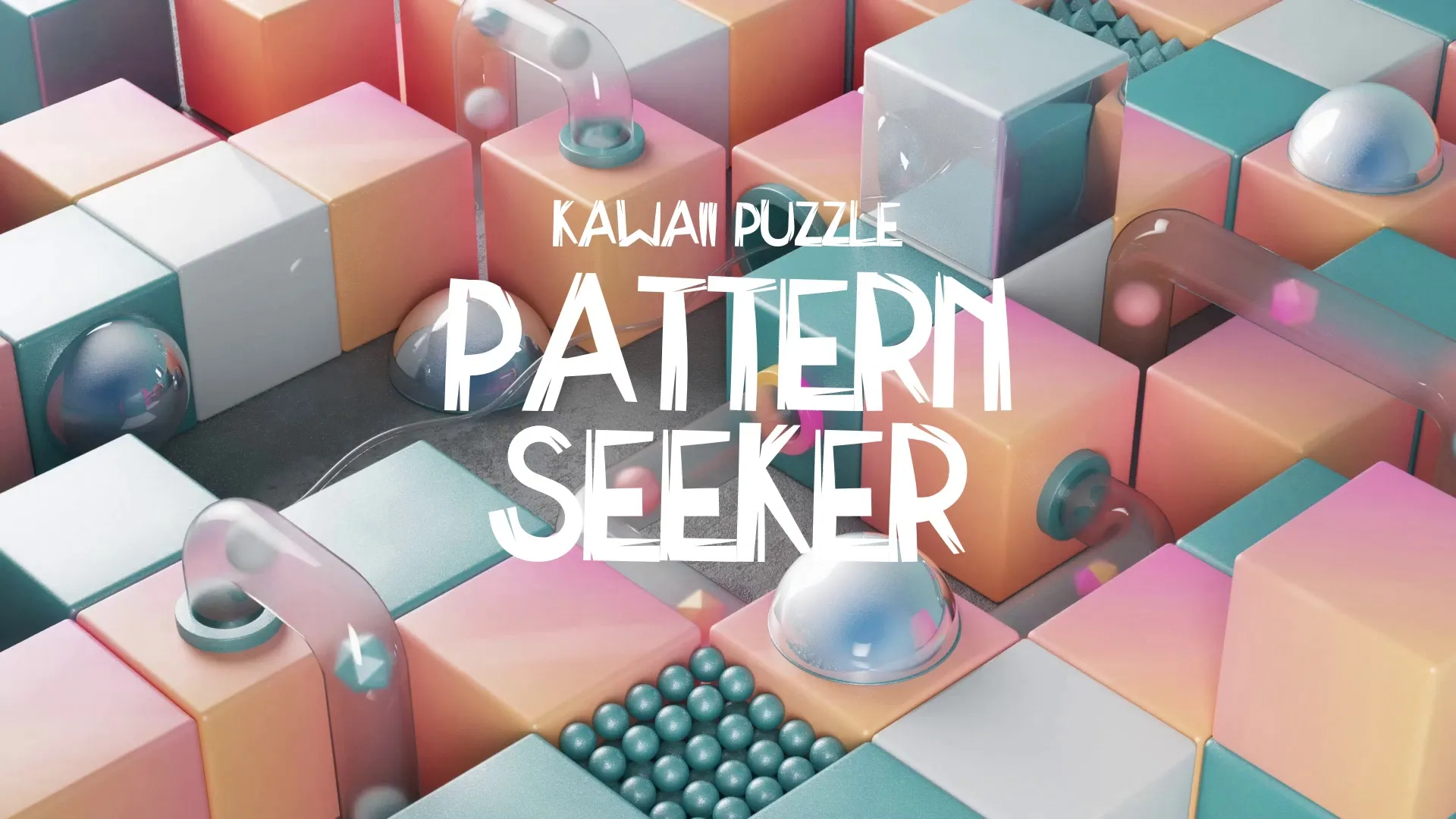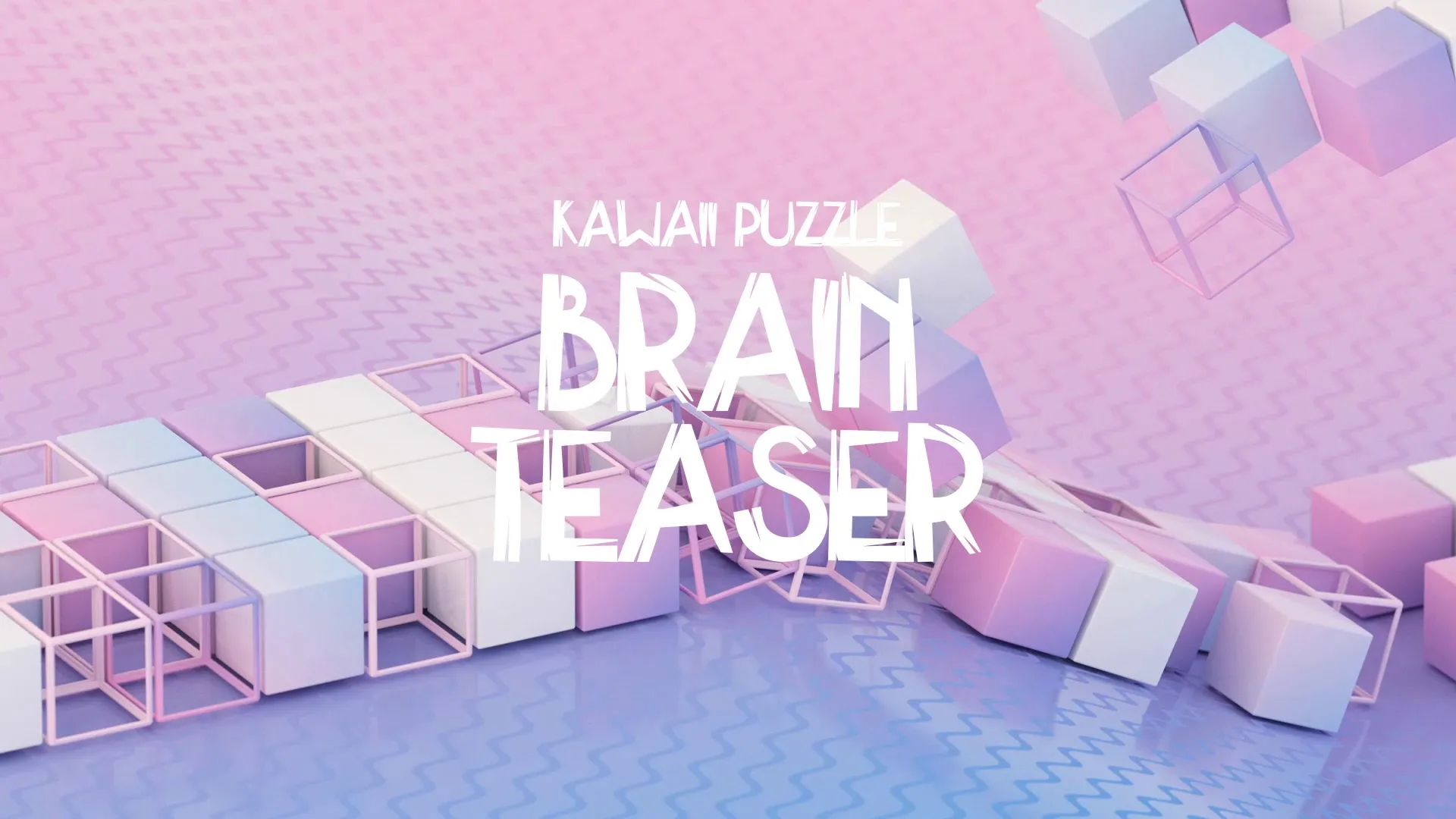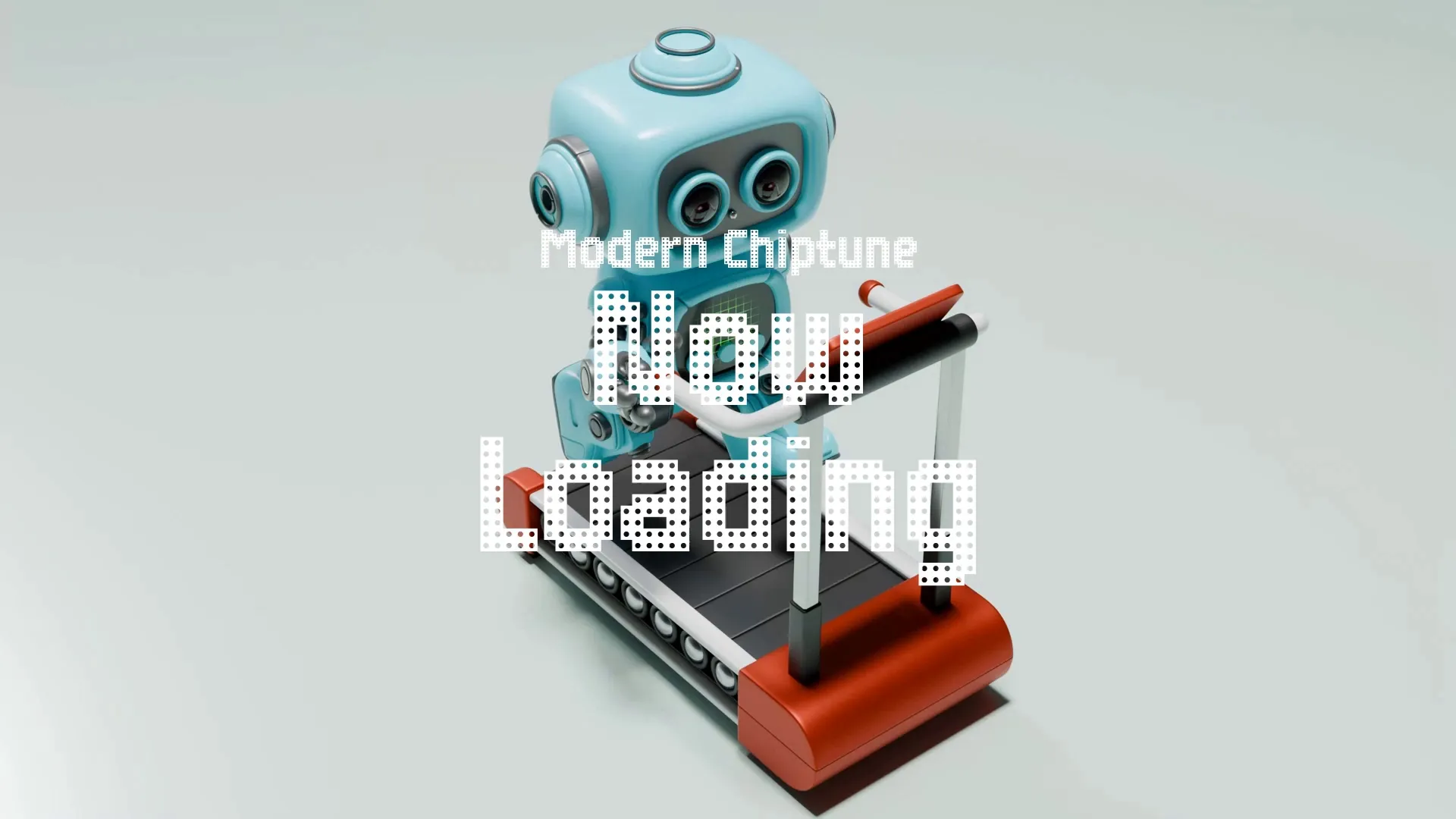Mastering Time Management and Motivation for Solo Game Developers
Mastering Time Management and Motivation for Solo Game Developers
Solo game development demands extreme discipline and self-management. Without a team, you are solely responsible for every aspect of your project, from coding to art to marketing. This intense independence often leads to unique challenges in time management and maintaining motivation.
This article provides actionable strategies to navigate the solo development journey effectively. We will explore practical approaches to structure your workday, combat procrastination, and sustain your passion through the inevitable ups and downs.
Strategic Time Management for Solo Devs
Effective time management is the bedrock of solo game development success. It is not about working more hours, but working smarter and with greater focus.
Implement Time Blocking and Deep Work Sessions
Dedicate specific, uninterrupted blocks of time to critical tasks. During these ‘deep work’ sessions, eliminate all distractions, including notifications and social media. Tools like Wayline’s Momentum can help you organize these tasks and track your progress, ensuring you maintain development momentum.
Assign specific hours for creative tasks, technical implementation, and even administrative duties. This structured approach prevents context switching and boosts overall efficiency. Consistency in your schedule trains your brain to enter a productive state more readily.
Prioritize Ruthlessly with the Eisenhower Matrix
Not all tasks are created equal. Use a prioritization framework, such as the Eisenhower Matrix, to categorize tasks into 'urgent/important’, 'important/not urgent’, 'urgent/not important’, and 'not urgent/not important’. Focus your energy on ‘important’ tasks first, deferring or delegating ‘not important’ ones if possible.
This method helps you identify high-impact activities that move your game forward. Avoid the trap of perpetually working on ‘urgent but not important’ tasks, which often feel productive but lack real progress.
Break Down Milestones into Manageable Chunks
Large projects can be overwhelming, leading to procrastination. Break your game development into smaller, achievable milestones and then further into daily tasks. Each completed task provides a small win, building momentum and reducing feelings of being stuck.
For example, instead of 'implement character movement’, define tasks like 'create player input script’, 'add basic horizontal movement’, and 'implement jump physics’. This granular approach makes progress tangible and measurable.
Sustaining Motivation as a Lone Wolf
Motivation is a finite resource that needs constant replenishment, especially when working alone. Loneliness, lack of immediate feedback, and setbacks can quickly erode your drive.
Celebrate Small Victories and Track Progress Visibly
Acknowledge every completed task, no matter how minor. Seeing your progress visually, perhaps through a Kanban board or a simple checklist, provides a powerful motivational boost. Consider keeping a daily development log to reflect on your achievements and challenges.
Regularly reviewing how far you’ve come can reignite your passion during difficult periods. Wayline’s Journal feature offers a dedicated space for daily reflection and tracking your journey.
Connect with the Indie Game Dev Community
Solo doesn’t mean isolated. Engage with other indie developers online or in local meetups. Sharing experiences, asking for feedback, and offering support can combat feelings of loneliness and provide external validation.
Create a free account, or log in.
Gain access to free articles, game development tools, and game assets.











.webp)




.webp)






